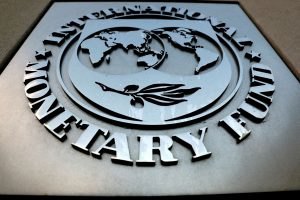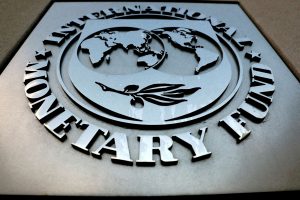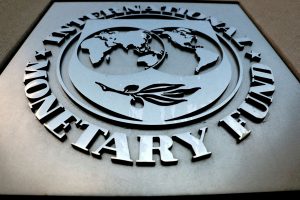Latest News
-
Paris 2024 – Games of the XXXIII Olympiad – Live Streaming
-
Paris Olympics 2024: Everything Ready for Today’s Opening Ceremony
-
Can the Olympics Save the Summer?
-
Sources Dismiss Turkish Claim of ‘Respect’ Towards Illegal EEZ
-
These Αre the Common Targets of Greek National Security Agency (NSA), Predator
-
Greek Economy: Bankers’ Insights on Investments, Reforms
-
Latest Cinema Releases: What To See This Week in Athens July 25-Aug. 5
-
ELSTAT: Building Permits Increased by 40.1% in Greece
-
France’s Rail Network Sabotaged Ahead of Paris Olympic Games
-
Greece: Airbnb Occupancy Hits 40% in June
-
Covid Cases in Greece Continue to Climb
-
Stefaniada Lake Festival 2024, Greece’s New Ecotourism Event
-
Athens Metro: Operation of Line To and From Airport Restored
-
Fraport: Greece’s Regional Airports See 5.9% June Surge
-
Athens Metro Line To and From Airport Temporarily Suspended
-
SFEE: Just 1 in 5 New Pharmaceutical Drugs Reach Greece
-
Russia Crushes Dissent as Putin’s System Ramps Up Repression
-
Weather in Greece: July 26









